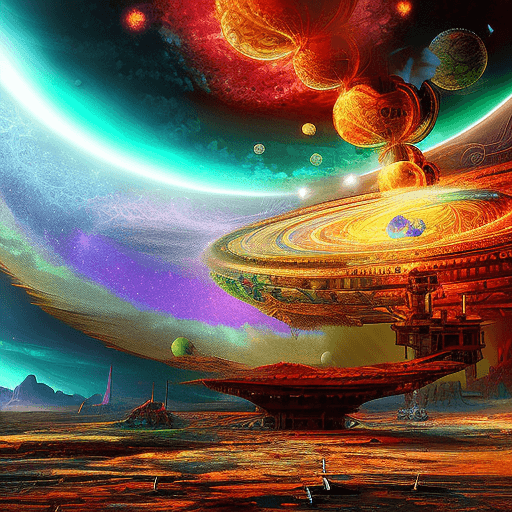One-line Summary:
A Short History of Nearly Everything is a captivating exploration of the scientific discoveries and historical events that have shaped our understanding of the universe, told in Bill Bryson’s witty and accessible style.
Unveiling the Mysteries of the Universe
In “A Short History of Nearly Everything,” Bill Bryson takes readers on an exhilarating journey through time and space, unraveling the complexities of the universe and the remarkable stories of the scientists who have contributed to our understanding of it. From the Big Bang to the present day, Bryson delves into a wide range of scientific disciplines, making complex concepts accessible to readers of all backgrounds.
Bryson begins by exploring the origins of the universe, explaining the Big Bang theory and the subsequent formation of galaxies, stars, and planets. He discusses the fundamental forces of nature, such as gravity and electromagnetism, and introduces readers to the groundbreaking theories of renowned physicists like Albert Einstein and Isaac Newton.
Unraveling the Mysteries of Life on Earth
Moving closer to home, Bryson delves into the origins of life on Earth. He explores the fascinating world of biology, from the discovery of DNA to the intricacies of evolution. Bryson introduces readers to the pioneering work of scientists like Charles Darwin and Gregor Mendel, highlighting their contributions to our understanding of the natural world.
The author also delves into the history of paleontology, recounting the thrilling discoveries of dinosaur fossils and the ongoing quest to understand the evolution of life on Earth. He discusses the impact of mass extinctions, such as the one that wiped out the dinosaurs, and the subsequent rise of mammals and humans.
Unveiling the Secrets of the Earth and Beyond
Bryson turns his attention to the Earth itself, exploring its geological history and the forces that have shaped its landscapes. He discusses plate tectonics, volcanoes, earthquakes, and the formation of mountains, providing readers with a deeper understanding of the dynamic nature of our planet.
The author also delves into the mysteries of space, discussing the birth and death of stars, the formation of galaxies, and the possibility of extraterrestrial life. He explores the history of astronomy and the remarkable discoveries made by scientists like Galileo Galilei and Edwin Hubble, revolutionizing our understanding of the cosmos.
Key Takeaways:
- Bill Bryson takes readers on an engaging journey through the history of science, making complex concepts accessible to all.
- The book covers a wide range of scientific disciplines, including physics, biology, geology, and astronomy.
- Bryson highlights the remarkable stories of the scientists who have shaped our understanding of the universe.
- The author emphasizes the interconnectedness of scientific discoveries and the importance of curiosity and exploration.
- Readers gain a deeper appreciation for the wonders of the universe and the remarkable achievements of human knowledge.
“Science is the great antidote to the poison of enthusiasm and superstition.”
– Bill Bryson
In conclusion, “A Short History of Nearly Everything” is a captivating exploration of the scientific discoveries and historical events that have shaped our understanding of the universe. Bill Bryson’s witty and accessible writing style makes complex concepts engaging and relatable. Through the book, readers gain a deeper appreciation for the wonders of the universe and the remarkable achievements of human knowledge.












